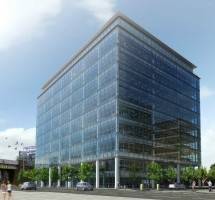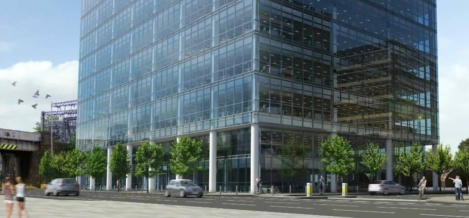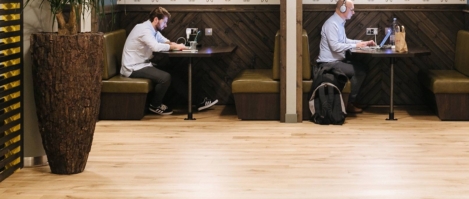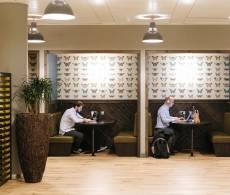November 30, 2015
BRE acquires rival green building scheme to create new accreditation 0
 Those bewildered by the confusion of acronyms that surrounds building environmental standards will be pleased to hear that BRE has acquired a rival standard to merge with itsBREEAM accreditation. BRE claims that the acquisition of CEEQUAL, a sustainability scheme for civil engineering, allows it to ‘create a single, science based standard and certification tool for civil engineering and infrastructure projects’. As a result of the acquisition, CEEQUAL will transfer its operations to BRE Global after which CEEQUAL will then be delivered by the BREEAM certification team with support from a CEEQUAL management team. The move is supported by the Institution of Civil Engineers and has been prompted by ‘the industry’s desire for a single sustainability rating scheme that addresses the challenges that infrastructure clients, professions and contractors currently face in delivering more sustainable and resilient infrastructure.’
Those bewildered by the confusion of acronyms that surrounds building environmental standards will be pleased to hear that BRE has acquired a rival standard to merge with itsBREEAM accreditation. BRE claims that the acquisition of CEEQUAL, a sustainability scheme for civil engineering, allows it to ‘create a single, science based standard and certification tool for civil engineering and infrastructure projects’. As a result of the acquisition, CEEQUAL will transfer its operations to BRE Global after which CEEQUAL will then be delivered by the BREEAM certification team with support from a CEEQUAL management team. The move is supported by the Institution of Civil Engineers and has been prompted by ‘the industry’s desire for a single sustainability rating scheme that addresses the challenges that infrastructure clients, professions and contractors currently face in delivering more sustainable and resilient infrastructure.’































November 25, 2015
This might be the reason why firms are failing to fully engage their employees 0
by Matias Rodsevich • Comment, Knowledge, Technology, Workplace
(more…)